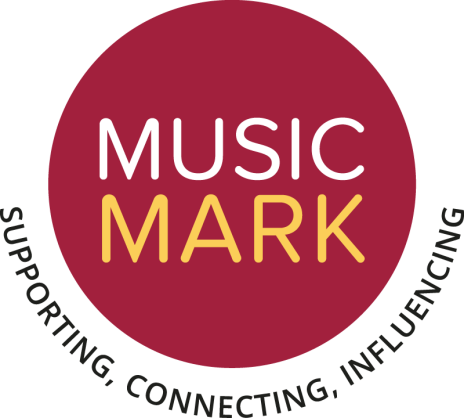Music

Intent statement:
The National Curriculum states, “Music is a universal language that embodies one of the highest forms of creativity. A high-quality music education should engage and inspire pupils to develop a love of music and their talent as musicians, and so increase their self-confidence, creativity and sense of achievement. As pupils progress, they should develop a critical engagement with music, allowing them to compose, and to listen with discrimination to the best in the musical canon.”
It aims to ensure that all pupils:
- perform, listen to, review and evaluate music across a range of historical periods, genres, styles and traditions.
- learn to sing and to use their voices, to create and compose music on their own and with others, have the opportunity to learn a musical instrument, use technology appropriately and have the opportunity to progress to the next level of musical excellence
- understand and explore how music is created, produced and communicated, including through the inter-related dimensions: pitch, duration, dynamics, tempo, timbre, texture, structure and appropriate musical notations.
At Chalk Ridge, we want to inspire children to express themselves through the powers of music, applying the inter-related dimensions of music to all aspects of the music curriculum. Music runs deeper at Chalk Ridge. Alongside the curriculum, children are able to participate in the following: productions, singing assemblies, choir club and whole class instrument lessons. At Chalk Ridge, our diverse music curriculum enables children to explore a range of music. We want children to embody music and enjoy its amazing benefits.
Implementation statement:
In Foundation Stage, children are exposed to the inter-related dimensions. Children will explore these through the different segments of disciplinary knowledge. The learning of the inter-related dimensions are integral in enabling children to progress their application and understanding of them throughout the school.
In KS1 and KS2, children build upon their music knowledge in either weekly music lessons or block taught music lessons. Children begin music lessons with a retrieval task which links back to prior learning. The retrieval tasks are based upon the substantive knowledge (inter-related dimensions of music) and the disciplinary knowledge (music skills). For each unit, children should clearly understand which strands of the inter-related dimensions of music they are focusing on. Children will develop multiple disciplinary skills throughout the sequence of lessons, most starting with the skill of listening and appraising. Throughout the sequential lessons, children will have opportunities to notate, compose and perform.


Red indicates which inter-related dimensions are the focus of the topic.
Impact statement:
All children will have the opportunity to listen, notate, compose, perform, and evaluate a range of genres of music throughout the curriculum. The inter-related dimensions of music will be immersed through the well designed and progressive curriculum. All children will have the opportunity to perform to live audiences in a variety of different settings.
Observation of teaching and learning will show:
- Confident children developing their independence in their musical learning, often creating their own composition and evaluating their success.
- Children who will be able to listen with intention to a variety of music, responding through discussions, drawing and movement
- Children who will be able to play tuned and untuned instruments musically with increasing accuracy throughout their school life.
- By the end of KS2 children will be able to play an instrument with increasing fluency, control and expression.

